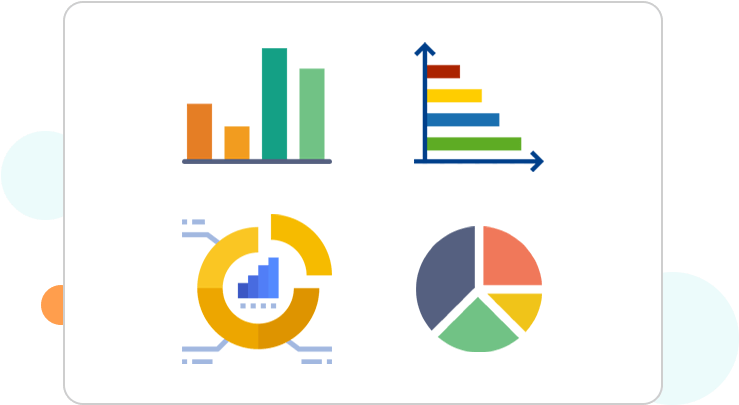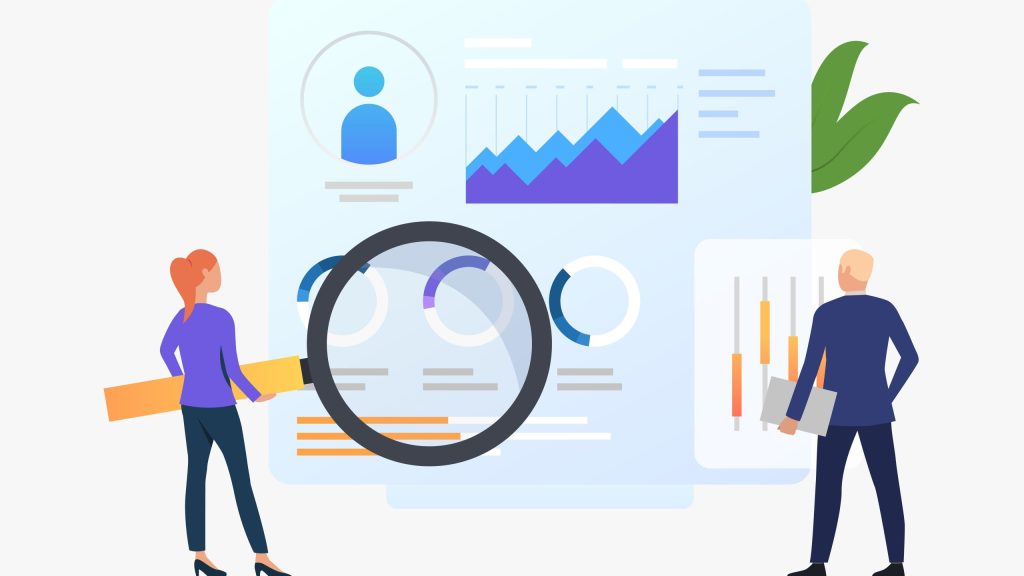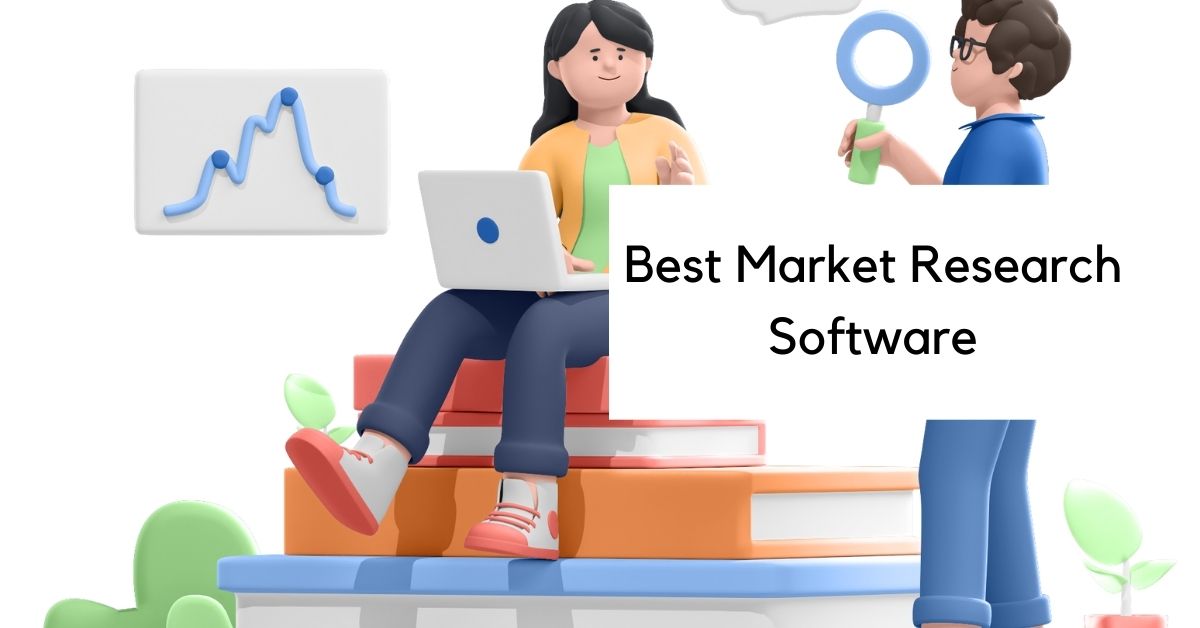In today’s competitive business landscape, staying ahead of the curve requires companies to make informed decisions based on accurate market insights. To meet this need, market research software systems have emerged as valuable tools, enabling businesses to gather, analyze, and interpret data effectively. In this article, we will explore the significance of market research software systems and how they empower businesses to make strategic decisions that drive growth.
Understanding Market Research Software Systems

Market research software systems are sophisticated platforms designed to assist businesses in gathering, organizing, and analyzing market data. They provide a comprehensive suite of tools and functionalities to streamline the market research process, making it easier for companies to extract meaningful insights from vast amounts of data. These systems encompass a range of capabilities, including data collection, survey design, data analysis, visualization, and reporting.
Benefits of Market Research Software Systems
Data Collection and Analysis
One of the primary advantages of market research software systems is their ability to facilitate efficient data collection and analysis. These platforms offer various survey methodologies, such as online surveys, phone interviews, and focus groups, allowing businesses to gather data from diverse sources. Additionally, they provide advanced data analysis tools, enabling businesses to uncover patterns, trends, and correlations in the collected data.
Enhanced Efficiency and Accuracy
Market research software systems significantly enhance the efficiency and accuracy of the research process. These tools automate repetitive tasks, such as data entry and cleaning, reducing the time and effort required to conduct research. Moreover, they minimize the risk of human errors, ensuring the reliability and validity of the collected data.
Competitive Intelligence
With market research software systems, businesses can gain valuable competitive intelligence. These systems enable companies to monitor their competitors’ activities, track market trends, and identify emerging opportunities. By staying updated with the latest market developments, businesses can make well-informed decisions and stay ahead of their competitors.
Trend Identification and Forecasting
Market research software systems empower businesses to identify market trends and forecast future demand. By analyzing historical data and market indicators, these platforms help companies anticipate shifts in consumer preferences, market dynamics, and industry trends. This enables businesses to adjust their strategies proactively and capitalize on emerging opportunities.
Customer Insights
Understanding customer behavior and preferences is crucial for any business. Market research software systems enable companies to gather customer feedback, conduct sentiment analysis, and gain actionable insights into consumer needs and expectations. These insights can be used to improve products, enhance customer experiences, and develop targeted marketing campaigns.
Key Features to Look for in Market Research Software Tools
When selecting a market research software tool, it is essential to consider the following key features:
Survey Design and Management
The software should provide a user-friendly interface for creating surveys, customizing questionnaires, and managing survey distribution. It should offer a variety of question types, skip logic, and branching options to design comprehensive surveys tailored to specific research objectives.
Data Visualization and Reporting
Effective data visualization and reporting capabilities are crucial for presenting research findings clearly and conciselynner. The software should offer interactive charts, graphs, and dashboards to visualize data effectively. It should also provide customizable reporting templates to generate professional reports quickly.
Integration Capabilities
Integration with other software systems and data sources is vital for seamless data exchange and analysis. The market research software should offer APIs (Application Programming Interfaces) or pre-built integrations with popular tools like CRM (Customer Relationship Management) systems, data analytics platforms, and survey panels.
Analytics and Statistical Tools
Robust analytics and statistical tools are essential for analyzing research data accurately. The software should provide functionalities such as data segmentation, cross-tabulation, regression analysis, and significance testing. Advanced statistical features like factor analysis and conjoint analysis can further enhance research capabilities.
Collaboration and Sharing
Market research is often a collaborative effort involving multiple team members. The software should offer collaboration features, such as team workspaces, document sharing, and version control, to facilitate seamless collaboration and knowledge sharing among researchers.
Selecting the Right Market Research Software System for Your Business

Selecting the right market research software system for your business requires careful consideration of several factors:
Assessing Your Research Needs
Start by assessing your research objectives, target audience, and data requirements. Determine the specific research methodologies and techniques you need to achieve your goals.
Evaluating Software Features
Evaluate different market research software systems based on their features, functionalities, and ease of use. Consider the software’s compatibility with your existing infrastructure and whether it aligns with your research requirements.
Considering Scalability and Flexibility
Ensure that the software can scale with your business’s evolving needs. It should be able to handle large volumes of data and accommodate future growth. Flexibility in terms of survey customization, data analysis options, and reporting capabilities is also essential.
Budget Considerations
Consider your budget and the value provided by the software. Compare pricing plans, subscription models, and additional costs, such as training and support. Opt for a solution that offers the best balance between affordability and functionality.
User Experience and Support
Choose a market research software system with a user-friendly interface and intuitive workflows. Look for vendors that provide comprehensive customer support, including documentation, tutorials, and responsive customer service.
Best Practices for Utilizing Market Research Tools
To maximize the benefits of market research software systems, consider the following best practices:
Define Clear Objectives
Clearly define your research objectives and align them with your business goals. This will ensure that you collect relevant data and obtain actionable insights that drive strategic decision-making.
Design Effective Surveys
Take the time to design well-structured surveys that capture the necessary data. Use clear and concise language, avoid leading questions, and include a mix of open-ended and closed-ended questions to gather qualitative and quantitative data.
Ensure Data Quality and Validity
Pay attention to data quality by implementing validation checks, skip patterns, and quality control measures. Clean and validate the collected data to ensure its accuracy and reliability.
Stay Updated with Market Trends
Continuously monitor market trends, industry news, and competitor activities. Regularly update your research approach to stay relevant in a rapidly evolving business landscape.
Continuously Analyze and Refine
Leverage the analytical capabilities of the market research software system to derive meaningful insights from the collected data. Continuously analyze the results and refine your research approach based on new findings.
The Future of AI Market Research Tools
The future of market research software systems holds exciting possibilities:
Artificial Intelligence and Machine Learning
Advancements in artificial intelligence (AI) and machine learning (ML) are revolutionizing market research. AI-powered algorithms can automate data analysis, sentiment analysis, and predictive modeling, enabling businesses to gain deeper insights in less time.
Automation and Streamlining Processes
Market research software systems will increasingly automate repetitive tasks, such as data cleaning, report generation, and survey distribution. This automation will save time and resources, allowing researchers to focus on high-value analysis and strategic decision-making.
Integration with Big Data and IoT
Market research software systems will integrate with big data platforms and IoT (Internet of Things) devices to capture real-time data from various sources. This integration will provide richer and more comprehensive datasets for analysis, leading to more accurate insights.
Enhanced Visualization and Predictive Analytics
Advancements in data visualization techniques will enable market researchers to present complex data in more engaging and interactive formats. Predictive analytics capabilities will allow businesses to anticipate market trends and consumer behavior with greater accuracy.
Personalization and Customization
Market research software systems will provide more personalized and customized experiences. Researchers will be able to tailor surveys and report to specific audience segments, ensuring more relevant and actionable insights.
Conclusion
Market research software systems play a pivotal role in helping businesses make data-driven decisions. By enabling efficient data collection, analysis, and interpretation, these systems empower companies to gain valuable insights into market trends, customer behavior, and competitive landscapes. With the right market research software system in place and following best practices, businesses can stay ahead of the curve, drive growth, and make informed strategic decisions.
To experience the power of market research software firsthand and unlock the potential of data-driven decision-making for your business, request a demo from Aim Technologies today. Our team of experts will guide you through the features and capabilities of our advanced market research software system, tailored to meet your specific needs. Don’t miss out on the opportunity to gain a competitive edge in your industry.
FAQs
What is market research software?
- Market research software refers to sophisticated platforms that assist businesses in gathering, analyzing, and interpreting market data to gain insights and make informed decisions.
How can market research software benefit my business?
- Market research software offers benefits such as efficient data collection and analysis, enhanced accuracy, competitive intelligence, trend identification, and customer insights, enabling businesses to make informed decisions and stay ahead of competitors.
What features should I look for in market research software?
- Key features to consider in market research software include survey design and management, data visualization and reporting, integration capabilities, analytics and statistical tools, and collaboration and sharing features.
How do I select the right market research software for my business?
- To select the right market research software, assess your research needs, evaluate software features, consider scalability and flexibility, factor in budget considerations, and assess user experience and support provided by the software vendor.
What are the best practices for utilizing market research software?
- Best practices for utilizing market research software include defining clear objectives, designing effective surveys, ensuring data quality and validity, staying updated with market trends, and continuously analyzing and refining research approaches.




